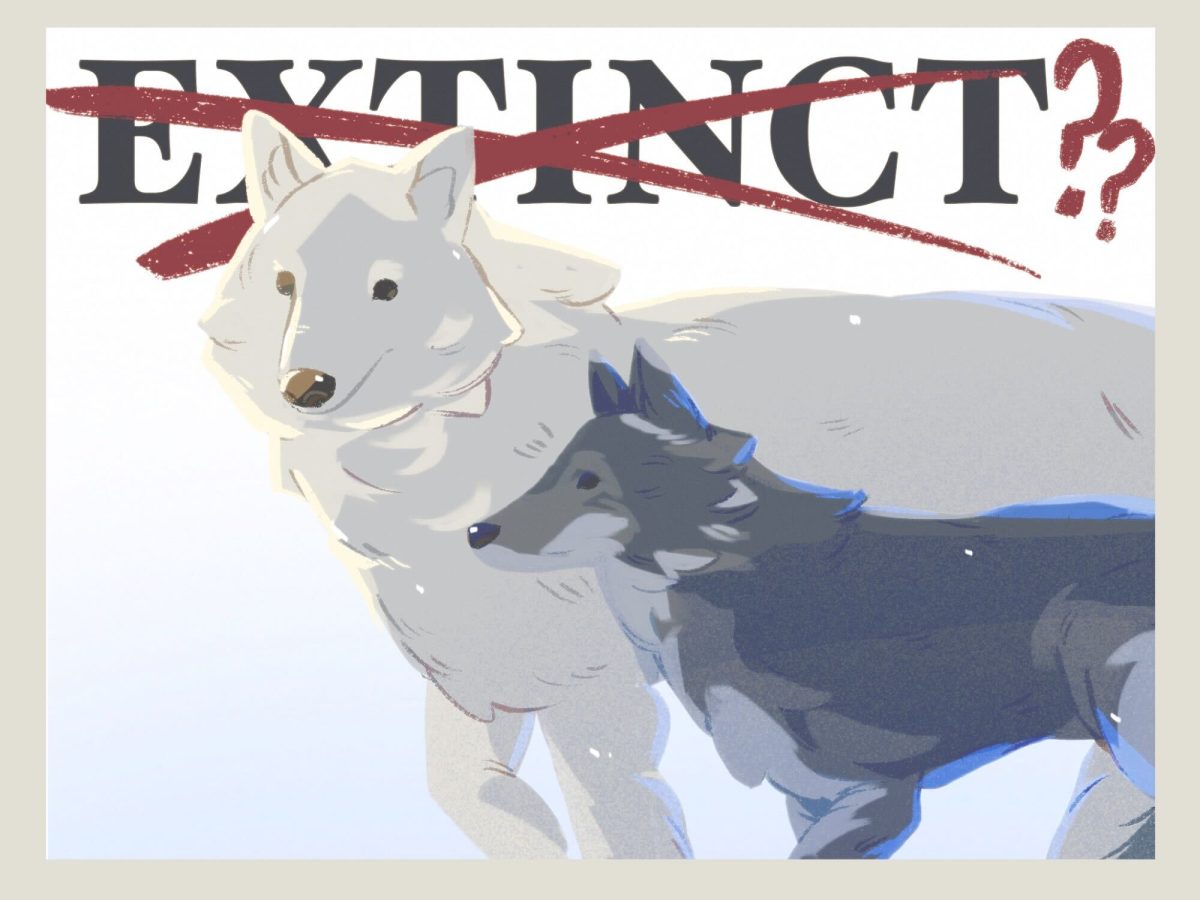Before last week I barely knew Kyrgyzstan existed. Now, after a popular revolt pushed its president out of the capital, Kyrgyzstan has made front-page news and I can’t help but ask myself what this oddly spelled nation is all about.
Have you ever been to Kyrgyzstan? No? Me neither, and I sure as heck don’t plan to any time soon. Kyrgyzstan is surrounded by six other &-stans: Tajiki-, Turkmeni-, Uzbeki-, Kazakh-, Paki- and Afghani &- that’s a total of seven countries you will probably never even think to visit in your lifetime.
If you did, however, you may be interested to know that the people of Kyrgyzstan are avid practitioners of falconry. They also enjoy a game known as Ulak Tartysh, or Buzkashi, commonly referred to as “the goat game,” or “goat-grabbing,” in which players grab the carcass of a headless goat or calf in order to get it clear of the other players and pitch it across a goal line or into a target circle or vat. Weirdos.
Interesting side note: Buzkashi was popularized in “Rambo 3,” the 1988 action movie in which Sylvester Stallone’s character is sent on a mission to supply FIM-92 Stinger missiles to the Afghan Mujahideen fighting against the Soviets. The film is dedicated to “the gallant Mujahideen people of Afghanistan.” Oh, the irony!
But, back to the lecture at hand.
Kyrgyzstan is located in the heart of Central Asia, that funky post-Soviet no-man’s-land between Asia, Europe and the Middle East. No one ever bothers to pay it any attention, so it’s left all to itself.
With Kyrgyzstan now in the spotlight, however, that’s all about to change. On April 7, violent clashes between anti-government demonstrators and police in the capital of Bishkek left dozens dead and hundreds injured. President Kurmanbek Bakiyev tried to keep his position in the capital but was forced to flee to his homeland in the south.
Bakiyev came to power in 2005 through the Tulip Revolution that overthrew his successor. When Kyrgyzstan realized Bakiyev’s promises of political reform and democracy weren’t going to hold water, tensions rose again between the people and the state, culminating in the violence of last week.
Nonetheless, the issue begs the ultimate question &- who gives a crap?
For one, Kyrgyzstan is the only country to host both U.S. and Russian military bases. Russia’s Kant Air Base, located 20 kilometers outside of Bishkek, has been in operation since 1941. The U.S. Transit Center at Manas, primarily used by the Air Force, was established in Dec. 2001 to provide a strategic location for operations regarding the ongoing war in Afghanistan.
Manas has been shrouded in controversy. Friction developed between Kyrgyz residents and the U.S. military when a civilian truck driver named Alexander Ivanov was shot and killed by U.S. airman Zachary Hatfield in 2006. Hatfield claimed Ivanov threatened him with a knife and that by shooting Ivanov, Hatfield was merely following protocol, yet the details of the event are still up for debate.
Here’s the worst part: as compensation for the death, Ivanov’s employers were said to have offered his family $50,000, while the U.S. government offered only $2,000.
Over the years Bakiyev was continually pressured by his people to close the base, forcing the Kyrgyz government to raise the rent. At its inception, Manas cost us $2 million a year, but after the Tulip Revolution the Bakiyev administration wanted $100 to $200 million. Bush and the gang called shenanigans on the price, Rumsfeld went over there and settled for $17.5 million.
It wasn’t enough. At the beginning of 2009 Bakiyev once again raised the rent, with the United States this time having to settle at $60 million. The new demand came after Russia announced a deal to give Kyrgyzstan $150 million in aid, equal to what the United States gives, and $2 billion in loans. The money was likely offered in the hope of forcing the closing of the U.S. air base, but nonetheless, Manas remains.
I could tell you how I think the U.S. government should stop meddling with Central Asia and let the unkempt hairs of those awkward body parts grow by themselves.
But I won’t.

















































































































